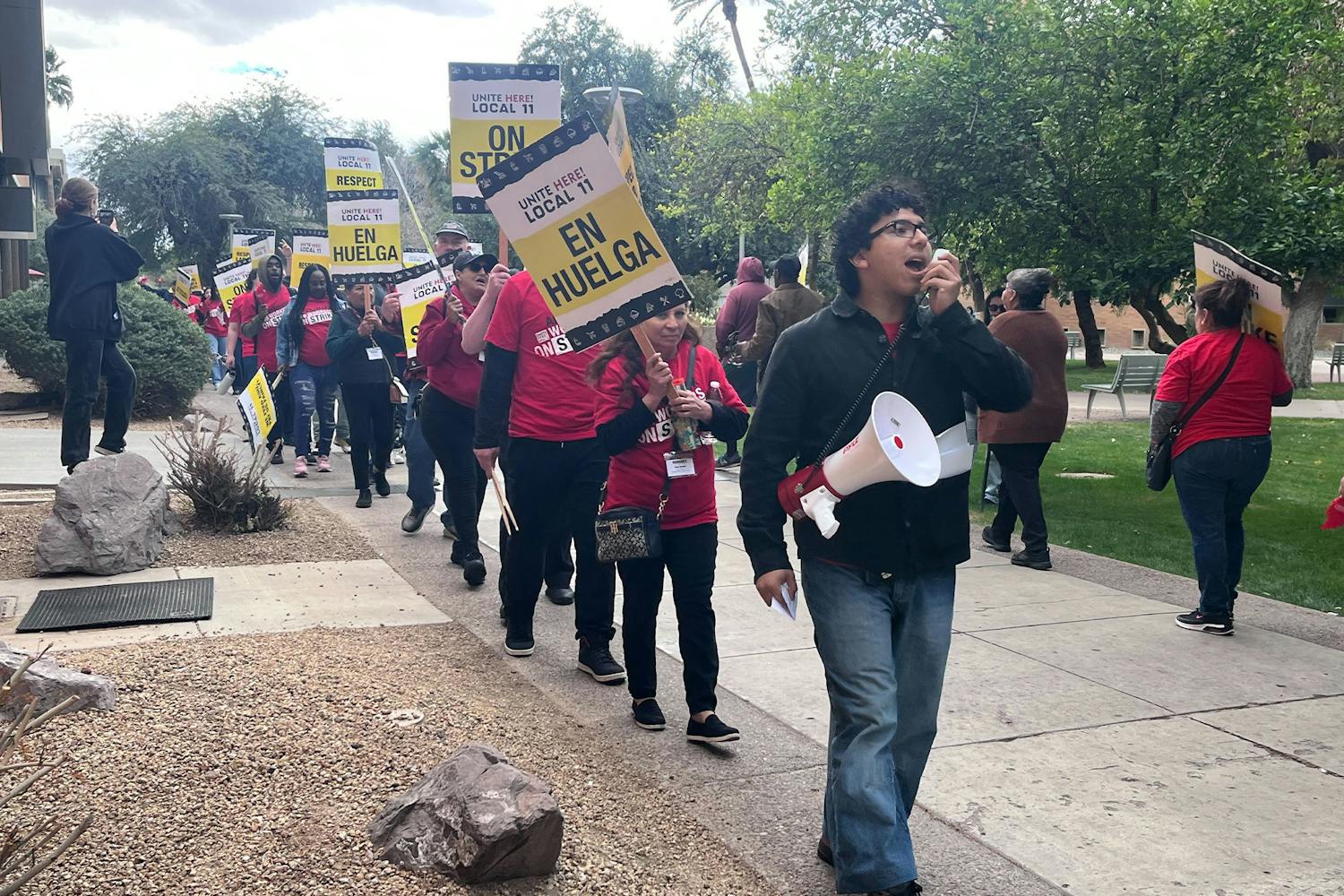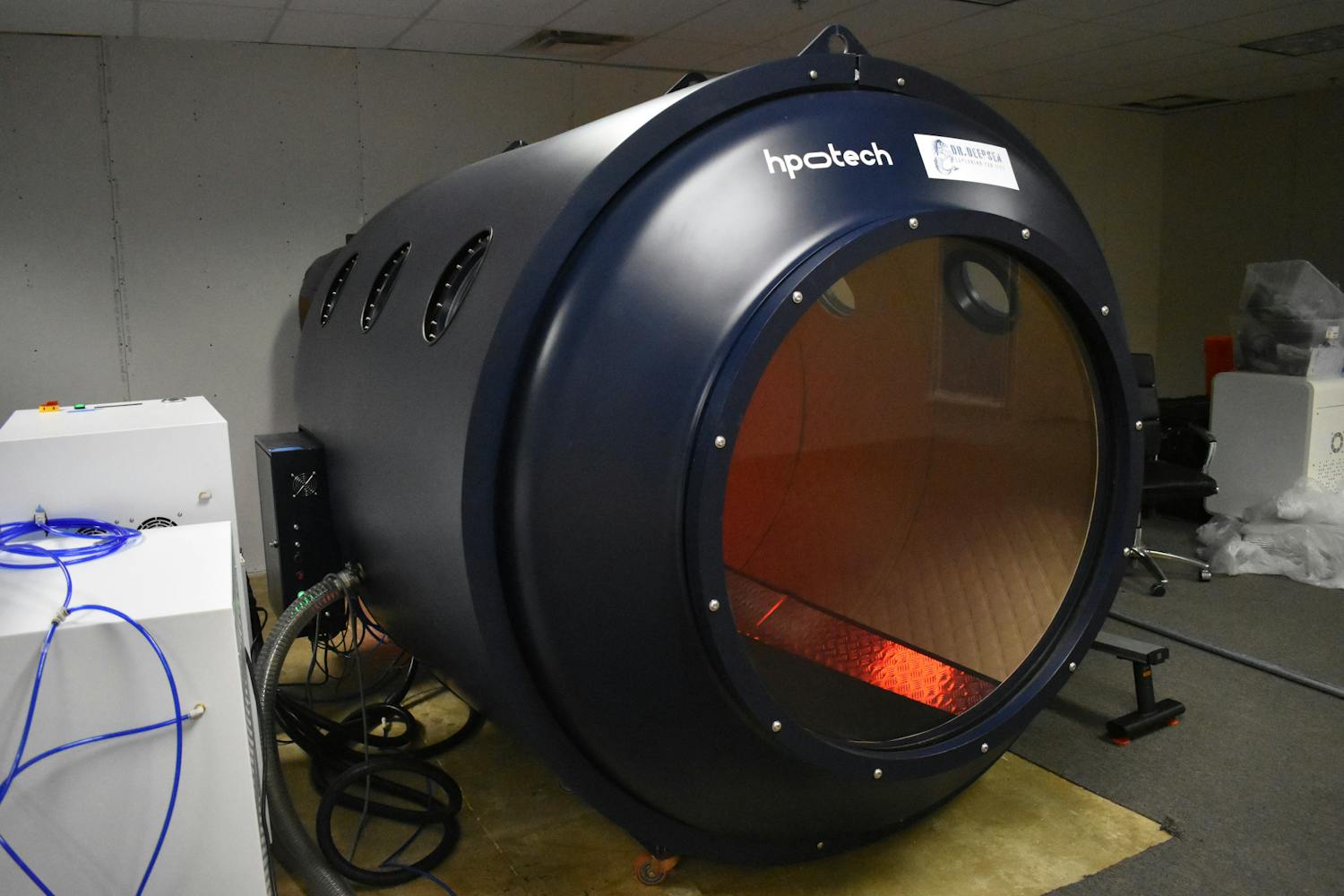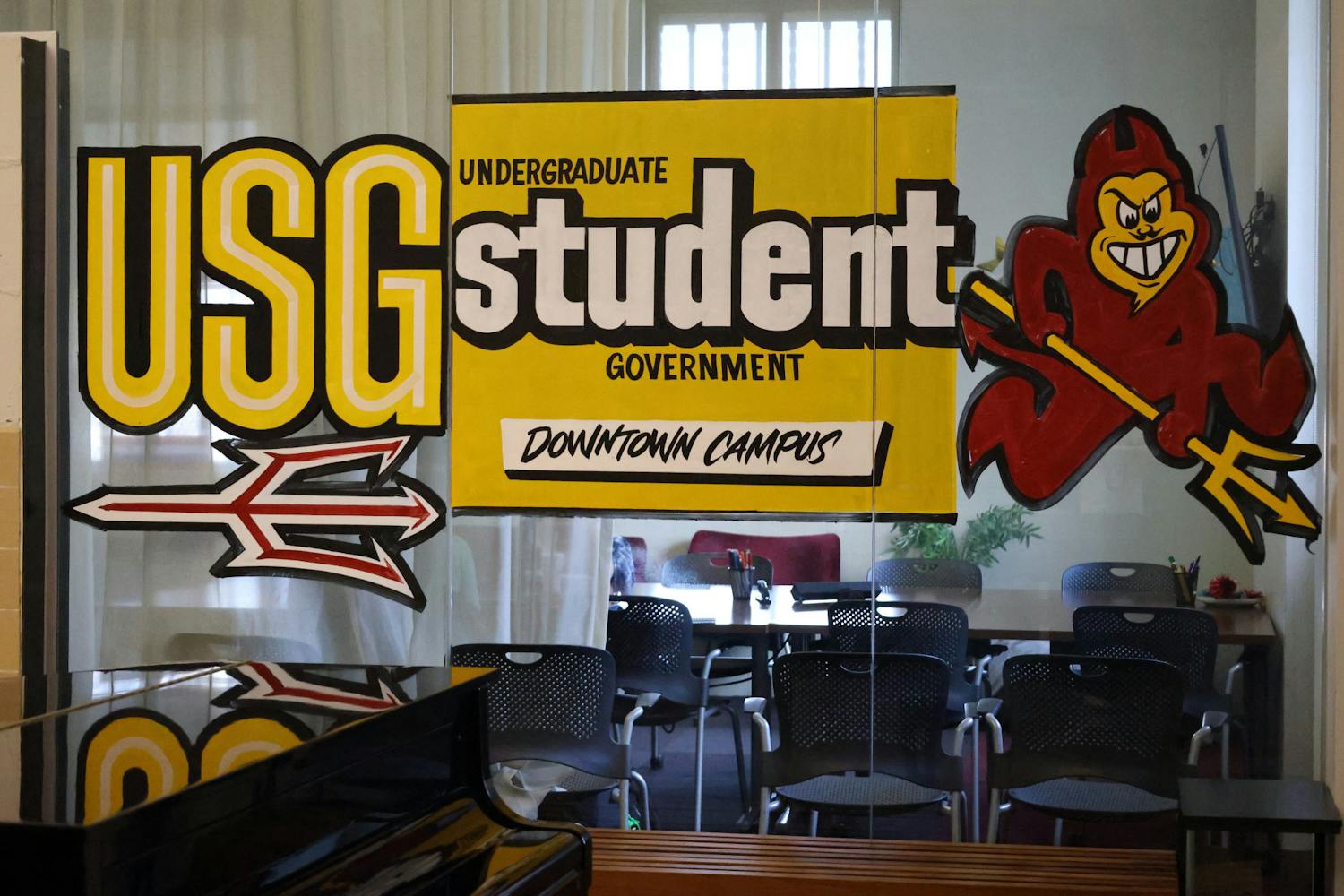A student court on Tuesday added to the confusion over who will lead the Undergraduate Student Government next year, leaving an uncertain fate for disqualified President-elect Joshua Pittel.
The Supreme Court of the Associated Students of ASU referred Pittel's disqualification to Assistant Elections Director Matthew Garrett and Student Engagement Director Dan Ashlock, who will determine whether Pittel or his supporters engaged in door-to-door solicitation in the March 31 and April 1 elections, which Pittel's ticket won.
Andrew Rigazio, a running mate of Pittel's opponent Mark Appleton, submitted a complaint about the door-to-door solicitation, which is prohibited under ASASU's elections code.
Elections director Elyssa Ford — who disqualified Pittel on the basis of the complaint April 3, and whose decision Pittel appealed April 9 — will no longer be in charge of the investigation.
"I looked into [the investigations] the first time, and now a different set of eyes will look over them," Ford said in an e-mail.
In his 27-page appeal, Pittel said he did not engage in door-to-door solicitation and the election code was unjustly applied.
"The only evidence provided is hearsay, at best," Pittel wrote. "It is not up to [me] to prove [my] innocence, it is up to [Ford] to prove [my] guilt beyond a reasonable doubt."
The appeal contains more than a dozen witness statements — all of whom said they were with Pittel during the time of the alleged door-to-door solicitation — along with a receipt and statement from a Gus's driver who said he delivered three pizzas to Pittel's house that night.
"With the exception of restroom breaks, I was with him the entire time," Pittel supporter Michael Witt wrote in his affidavit.
In her written response to the appeal, Ford said Pittel showed that he was not campaigning in the residence hall, but failed to account for his supporters.
"The issue at stake here is not simply Mr. Pittel's presence but the larger issue of door-to-door solicitation by his campaigners," Ford wrote.
Ashlock said he and Garret plan to meet with witnesses and with Pittel and his vice presidential running mates — Jacquelyn Shoemake and Asher Kaplan-Dailey — who were disqualified as well.
"It'll take us at least until the end of the week to do the fact-finding," Ashlock said.
Ashlock expects they will decide on the disqualification as early as next week. If it is upheld, Pittel said he will take the matter one step further.
"We are prepared to exercise all of our options, even if that means going to [civil] court," Pittel said.
Appleton said he still believes Rigazio's complaint was justified.
"I think people who write [us] off as sore losers don't understand what the process is there for," Appleton said.
However, Appleton said he was concerned the court's decision would further delay the new USG executive board's preparations for its term — including the hiring of other staff.
Ashlock said USG's history of challenged elections is somewhat unique to ASU. In 2005, verification of USG election results was delayed nearly one month because a glitch in the online voting system led to complaints by the losing ticket. In 2006, then President-elect Ross Meyer was accused of a campaign violation, disqualified and ultimately reinstated.
"I think it's the culture of how the election code is written," Ashlock said. "[USG] should definitely take a cue that some major overhauls need to be made."
Reach the reporter at: andre.f.radzischewski@asu.edu.



